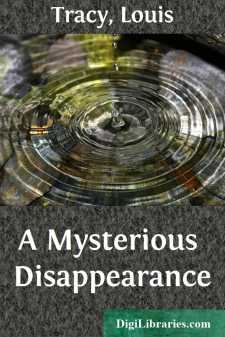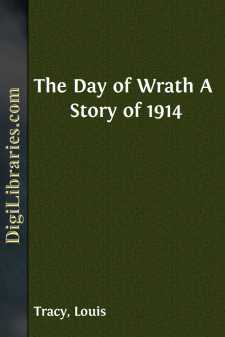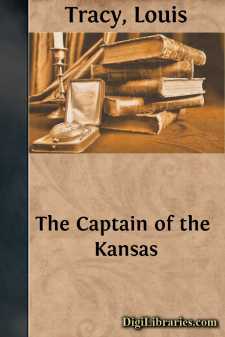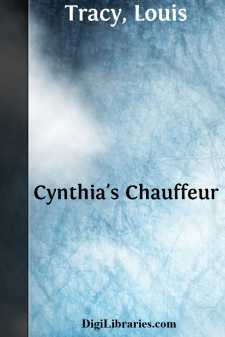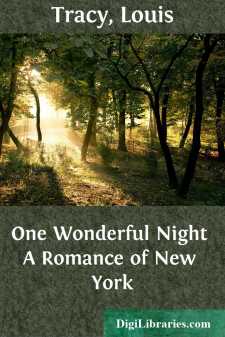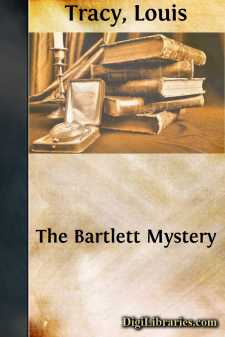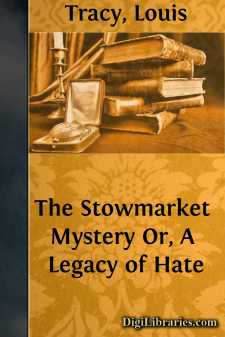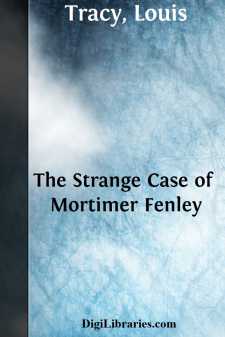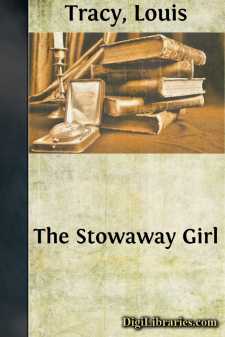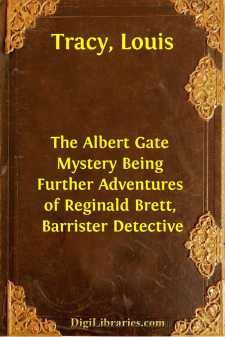Categories
- Antiques & Collectibles 13
- Architecture 36
- Art 48
- Bibles 22
- Biography & Autobiography 813
- Body, Mind & Spirit 142
- Business & Economics 28
- Children's Books 17
- Children's Fiction 14
- Computers 4
- Cooking 94
- Crafts & Hobbies 4
- Drama 346
- Education 46
- Family & Relationships 57
- Fiction 11829
- Games 19
- Gardening 17
- Health & Fitness 34
- History 1377
- House & Home 1
- Humor 147
- Juvenile Fiction 1873
- Juvenile Nonfiction 202
- Language Arts & Disciplines 88
- Law 16
- Literary Collections 686
- Literary Criticism 179
- Mathematics 13
- Medical 41
- Music 40
- Nature 179
- Non-Classifiable 1768
- Performing Arts 7
- Periodicals 1453
- Philosophy 64
- Photography 2
- Poetry 896
- Political Science 203
- Psychology 42
- Reference 154
- Religion 513
- Science 126
- Self-Help 84
- Social Science 81
- Sports & Recreation 34
- Study Aids 3
- Technology & Engineering 59
- Transportation 23
- Travel 463
- True Crime 29
A Mysterious Disappearance
by: Louis Tracy
Description:
Excerpt
CHAPTER I
“LAST SEEN AT VICTORIA!”
Alice, Lady Dyke, puckered her handsome forehead into a thoughtful frown as she drew aside the window-curtains of her boudoir and tried to look out into the opaque blackness of a November fog in London.
Behind her was cheerfulness—in front uncertainty. Electric lights, a nice fire reflected from gleaming brass, the luxury of carpets and upholstery, formed an alluring contrast to the dull yellow glare of a solitary lamp in the outer obscurity.
But Lady Dyke was a strong-minded woman. There was no trace of doubt in the wrinkled brows and reflective eyes. She held back the curtains with her left hand, buttoning a glove at the wrist with the other. Fog or no fog, she would venture forth, and she was already dressed for the weather in tailor-made costume and winter toque.
She was annoyed, but not disconcerted by the fog. Too long had she allowed herself to take things easily. The future was as murky as the atmosphere; the past was dramatically typified by the pleasant surroundings on which she resolutely turned her back. Lady Dyke was quite determined as to her actions, and a dull November night was a most unlikely agent to restrain her from following the course she had mapped out.
Moving to the light again, she took from her pocket a long, closely written letter. Its details were familiar to her, but her face hardened as she hastily ran through it in order to find a particular passage.
At last she gained her object—to make quite sure of an address. Then she replaced the document, stood undecided for a moment, and touched an electric bell.
“James,” she said, to the answering footman, “I am going out.”
“Yes, milady.”
“Sir Charles is not at home?”
“No, milady.”
“I am going to Richmond—to see Mrs. Talbot. I shall probably not return in time for dinner. Tell Sir Charles not to wait for me.”
“Shall I order the carriage for your ladyship?”
“Will you listen to me and remember what I have said?”
“Yes, milady.”
James ran downstairs, opened the door, bowed as Lady Dyke passed into Portman Square, and then confidentially informed Buttons that “the missus” was in a “rare old wax” about something.
“She nearly jumped down my bloomin’ throat when I asked her if she would have the carriage,” he said.
Her ladyship’s mood did not soften when she drifted from the fixed tenure of Wensley House, Portman Square, into the chaos of Oxford Street and fog at 5.30 on a November evening.
Though not a true “London particular,” the fog was chilly, exasperating, tedious. People bumped against each other without apology, ’buses crunched through the traffic with deadly precision, pair-horse vans swept around corners with magnificent carelessness.
In the result, Lady Dyke, who meant to walk, as she was somewhat in advance of the time she had fixed on for this very important engagement, took a hansom. In her present mood slight things annoyed her. Usually, the London cab-horse is a thoughtful animal; he refuses to hurry; when he falls he lies contented, secure in the knowledge that for five blissful minutes he will be at complete rest. But this misguided quadruped flew as though oats and meadow-grass awaited him at Victoria Station on the Underground Railway.
He raced down Park Lane, skidded past Hyde Park Corner, and grated the off-wheel of the hansom against the kerb outside the station within eight minutes.
In other words, her ladyship, if she would obey the directions contained in the voluminous letter, was compelled to kill time.
As she stepped from the vehicle and halted beneath a lamp to take a florin from her purse, a tall, ulster-wrapped gentleman, walking rapidly into Victoria Street, caught a glimpse of her face and well-proportioned form.
Instantly his hat was off.
“This is an unexpected pleasure, Lady Dyke. Can I be of any service?”
She bit her lip, not unobserved, but the law of Society forced her features into a bright smile.
“Oh, Mr. Bruce, is it you? I am going to see my sister at Richmond. Isn’t the weather horrid? I shall be so glad if you will put me into the right train.”
Mr....


